How to choose dvr recorder?

Choosing the right DVR recorder for your home security system can be hard task. When you're unfamiliar with the latest equipment and how its features may benefit your particular situation, it's easy to select the wrong equipment. Sadly, you may never know until it's to late, and that's not the time to find out. With the proper tools and knowledge, selecting a DVR CCTV systems will be easy.
First of all you should consider your budget for this kind of purchase. Then you must read carefully the characteristics of the DVR you`d like to buy. Now we will try to give you more information on that, and few advices which can make the choise easier or least help you understand what all those characteristics mean.
First of all, you should know that a digital video recording (DVR) surveillance system is only as good as the equipment purchased. Some might try to save money by taking short cuts or purchasing cut-rate equipment, but you need to do the research to find the best system for your needs.
What FPS (frames per second) mean?
The frame rate is how many frames per second can be recorded. The higher frame rate, the clearer and better your video record will be and more capable you will be of filming in real time. Our advice here is: Look for Digital Video Recorders capable of recording at min 25FPS for each channel. That means that if you need 4 channel DVR it should record at 25FPS per channel which is 100FPS for the 4 channels.
What resolution to choose?
Once again – the higher, the better. There are still DVRs on the market that offer recording at 360x240. Our advice here is to look for the newest models such as 960H DVR recorders which offer recording resolution as higher as 720x480 and even 960x480. 960H is a new standard for security cameras and security DVR's that provides high resolution images using advanced image sensors. Security cameras capable of 960H produce an image that is 960 horizontal and 480 vertical pixels large (960x480).
The new 960H standard has a lot of benefits.
First of all is the higher resolution. Cameras and DVR's capable of recording at this resolution provide superior images that are 34% larger than D1. Compared to CIF 960H provides 500% larger resolution.
Recording in higher resolution means having larger images. When your security system is capable of recording larger images that means a greater amount of image details. Images are sharper and it is easier to distinguish objects that are close together.
Outputs and capabilities
Look for a DVR that has an Internet connection with email notification. When someone walks into the cameras frame of view, email notification activates the DVR that in turn sends an email to your cell phone, or any programmed email address. This feature alerts you via email that something is going on, instead of finding out when you come home or open up your business.
Often the DVR systems have BNC, VGA output. This means that you can use normal pc monitor, which can be plugged-in and used for monitoring the CCTV cameras. The newer models offer HDMI output for even better image quality.
How to choose DVR recorder?
Most DVRs have a feature that allows you to connect to your existing alarm system. When the DVR detects motion, the DVR will trigger your alarm system, thus making your DVR part of your overall security system. In order to use that option you should check whether the model you intend to buy has alarm outputs or not.
Last but not least determine your HDD size, based on the length of time you want to store information. Hard drives found inside DVR's are used to store video and audio. To make it easier for you we will give you an example:
A CCTV security system with 4 cameras, 960H DVR recorder with 500GB HDD can store video for about 12-15 days if the system is recording 24/7.

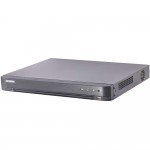
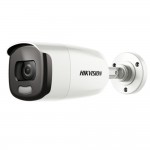
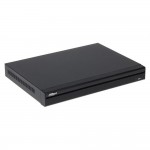
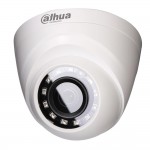
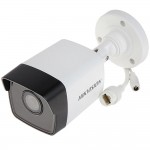
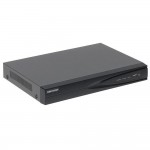
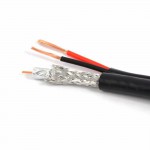
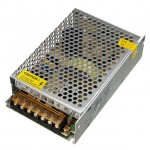
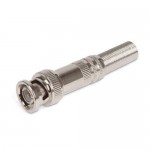
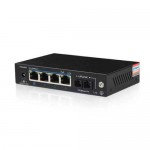
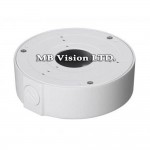
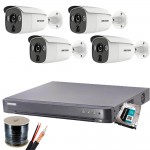
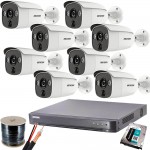
Leave a Comment